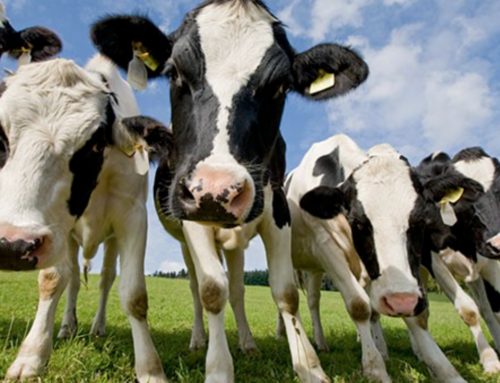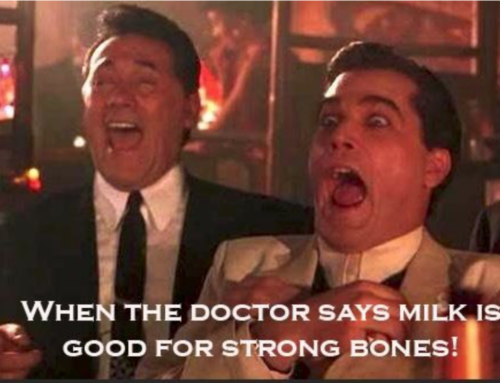BIG NEWS!!!!
On October 4th, 6.9 million pounds, no that is not a typo, of ground beef and hamburger patties have been recalled by the world’s largest meatpacker JBS Tolleson due to potential contamination of Salmonella. That’s 3,450 TONS of meat, the equivalent weight of over 1,100 pickup trucks and over 50 Boeing 757 airliners.
The Center for Disease Control (CDC) has currently identified 57 people affected with the Salmonella Newport infection across 16 states. A list of the states and number of cases in each can be found at https://www.cdc.gov/salmonella/newport-10-18/map.html.
The Food Safety and Inspection Service (FSIS) arm of the United States Department of Agriculture (USDA) has classified the recall as a Class I which they define as “a health hazard situation where there is a reasonable probability that the use of the product will cause serious, adverse health consequences or death” and declared the Health Risk as “HIGH.” Click here to view the product labels of the recalled beef and check to make sure you don’t have any in your fridge or freezer. JBS claims the recalled meat was packaged on various dates from July 26, 2018 to Sept. 7, 2018.
FSIS data indicate it is the largest single recall of beef since the infamous Rancho recall of 2014. The initial notice of 6.5 million pounds is more than double the amount of beef recalled in 2015, 2016, and 2017 combined!
What is Salmonella, where does it come from and what happens if you get infected?
The CDC defines Salmonella as “a bacteria that makes people sick” and states that “most people infected with Salmonella develop diarrhea, fever, and abdominal cramps between 12 and 72 hours after infection. The illness usually lasts 4 to 7 days, and most individuals recover without treatment. In some cases, diarrhea may be so severe that the patient needs to be hospitalized. In these patients, the Salmonella infection may spread from the intestines to the blood stream, and then to other body sites. In these cases, Salmonella can cause death unless the person is treated promptly with antibiotics. The elderly, infants, and those with impaired immune systems are more likely to have a severe illness.”
CDC estimates Salmonella causes about 1.2 million illnesses, 23,000 hospitalizations, and 450 deaths in the United States every year.
But where does it originate? Interesting that the CDC, a federal agency, didn’t speak to this question on their website. According to WebMD, salmonella can be found in the intestines of animals, especially pigs and poultry, and it is spread through their feces. For example, if contaminated feces get into the water that’s used to irrigate crops, those crops can carry the bacteria to the market.
The New Food Economy reports that “Salmonella outbreaks in beef are relatively rare, compared to poultry meat. According to FSIS, salmonella was detected in only 3.7 percent of ground beef tested at large plants like JBS’s between 1998 and 2013. That’s compared to 4.2 percent of turkeys, 7.9 percent of broilers, 21.2 percent of ground turkey meat and 26.2 percent of ground chicken tested.”
Bottom Line:
The factory farming of animals and the abominable conditions in which they are raised results in constant contact with their own feces and the feces of the animals around them. The salmonella bacteria contained within can end up in the meat we are sold, actually in TONS OF IT. The waste from the farmed animals ends up in our irrigation water, ground water, streams, rivers and oceans.
Eating large amounts of meat and dairy exposes us to foodborne illnesses like Salmonella in addition to the presence of antibiotics, growth hormones, pesticide and herbicide residue from the genetically modified grains they are fed and an awful lot of cholesterol and saturated fats. If consumed, high quality pasture raised, organic, antibiotic and hormone free, grass fed meat and dairy is preferable.






